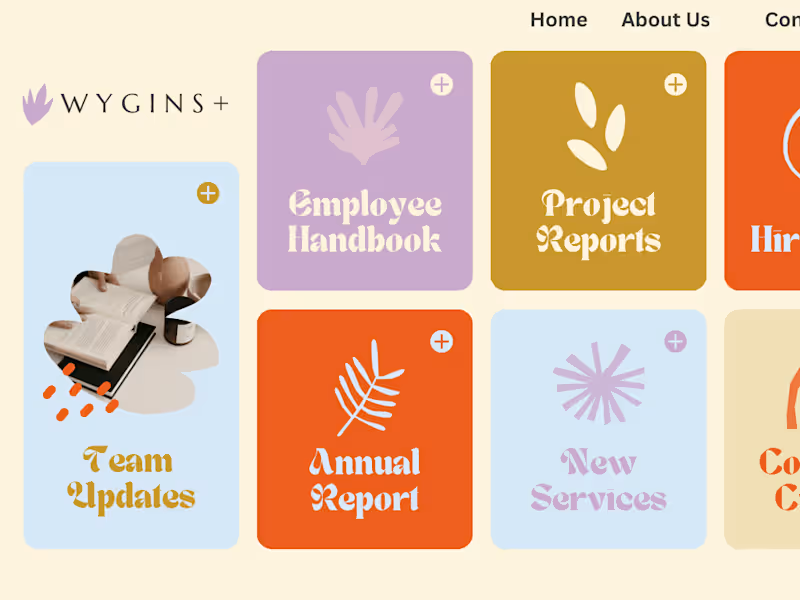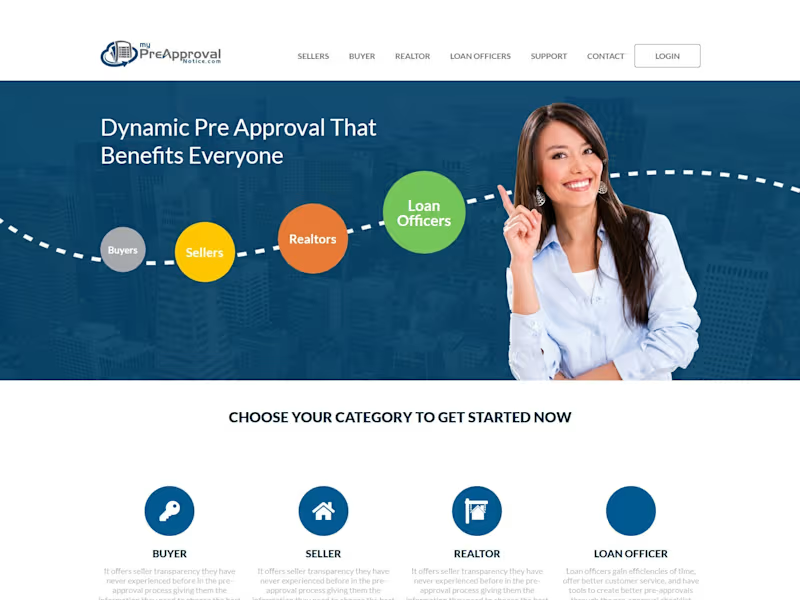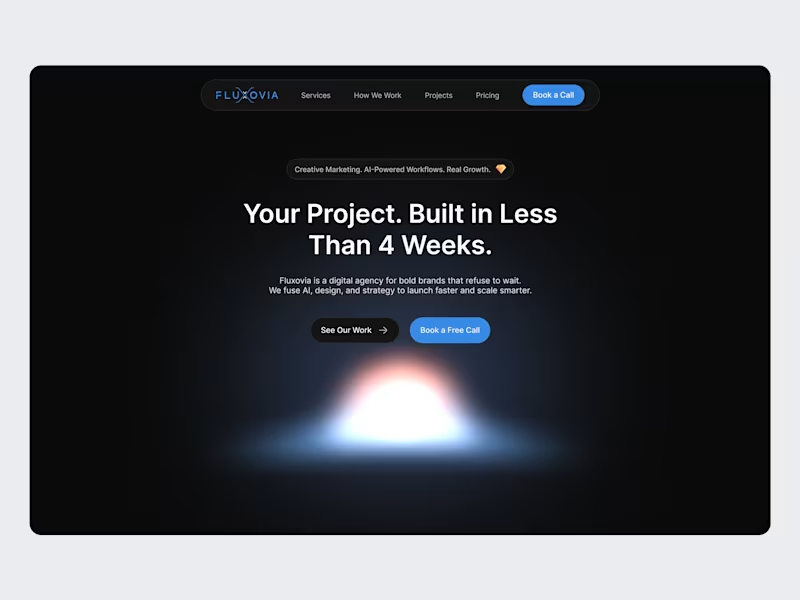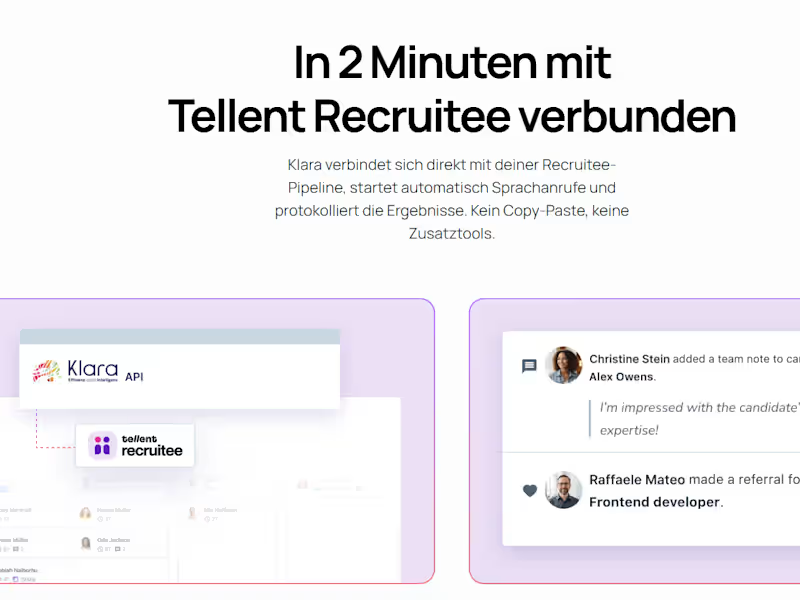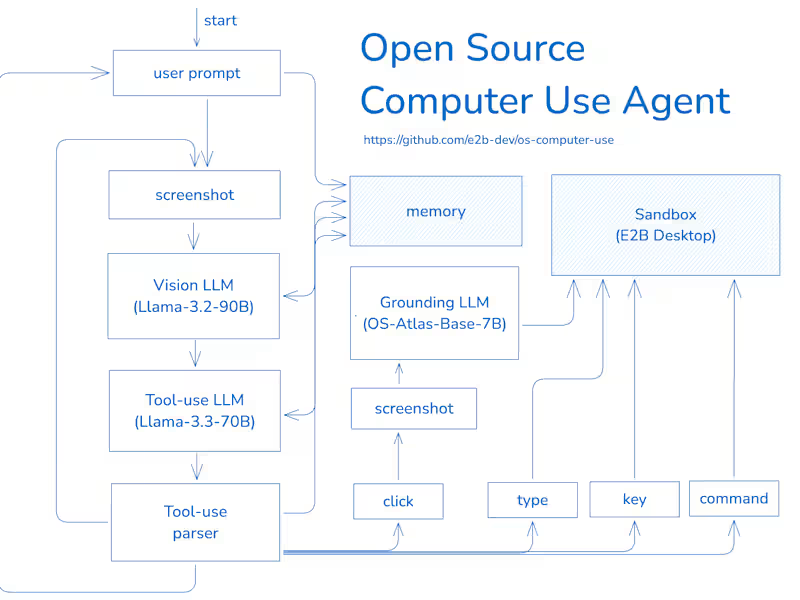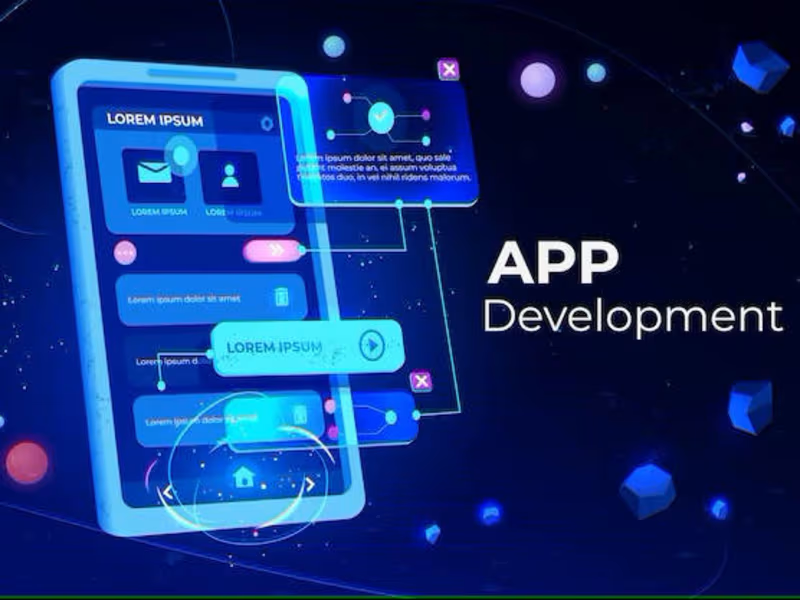Additional resources
What Are Oracle Database Freelancers
Database Administrator Roles
Remote DBA Responsibilities
Freelance vs Full-Time Oracle DBAs
Why Hire Oracle Database Freelancers
Cost Savings and Budget Flexibility
Access to Specialized Oracle Expertise
Scalability for Project-Based Needs
24/7 Database Support Coverage
Essential Skills for Oracle Database Freelancers
Core Oracle Database Technical Skills
Cloud Platform Experience
Security and Compliance Expertise
Performance Optimization Capabilities
Oracle Database Services Offered by Freelancers
Database Installation and Configuration
Performance Tuning and Optimization
Backup and Recovery Management
Database Migration Services
Security Audits and Hardening
High Availability Setup
How to Find Qualified Oracle Database Freelancers
Where to Search for Oracle DBAs
Creating Effective Job Descriptions
Screening Questions for Oracle Expertise
Portfolio and Project Review
Evaluating Oracle Database Freelancer Candidates
Technical Assessment Methods
Certification Requirements
Reference Verification Process
Trial Project Considerations
Oracle Database Freelancer Rates and Pricing
Hourly vs Project-Based Pricing
Geographic Rate Variations
Experience Level and Rate Correlation
Budget Planning for Oracle Projects
Managing Remote Oracle Database Freelancers
Communication Best Practices
Project Management Tools
Performance Monitoring Approaches
Knowledge Transfer Requirements
Contract Terms for Oracle Database Freelancers
Scope of Work Definition
Payment Terms and Milestones
Intellectual Property Rights
Security and Confidentiality Agreements
Common Oracle Database Freelance Projects
Database Upgrades and Patches
Oracle RAC Implementation
Data Guard Configuration
Exadata Optimization
Cloud Migration Projects
Best Practices for Working with Freelance Oracle DBAs
Setting Clear Expectations
Establishing Security Protocols
Documentation Standards
Regular Performance Reviews
Risks and Solutions When Hiring Oracle Database Freelancers
Data Security Concerns
Quality Control Measures
Communication Challenges
Business Continuity Planning




























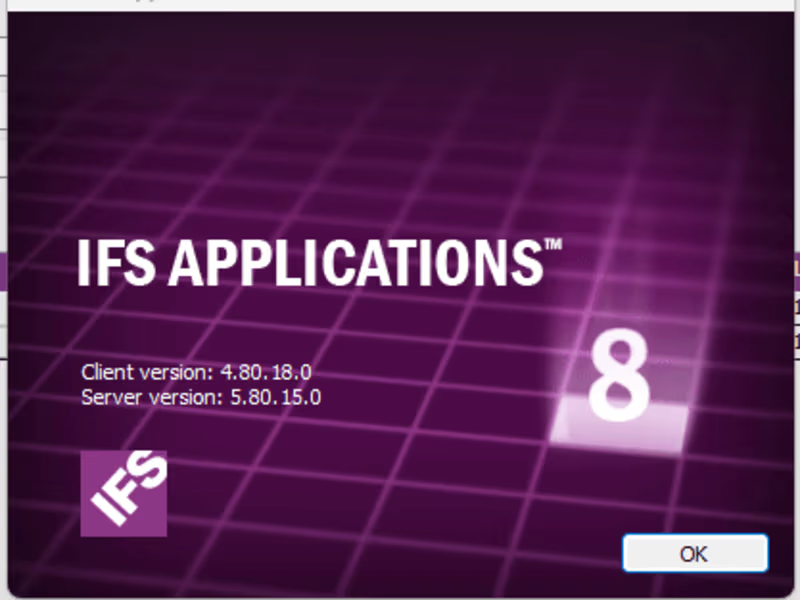
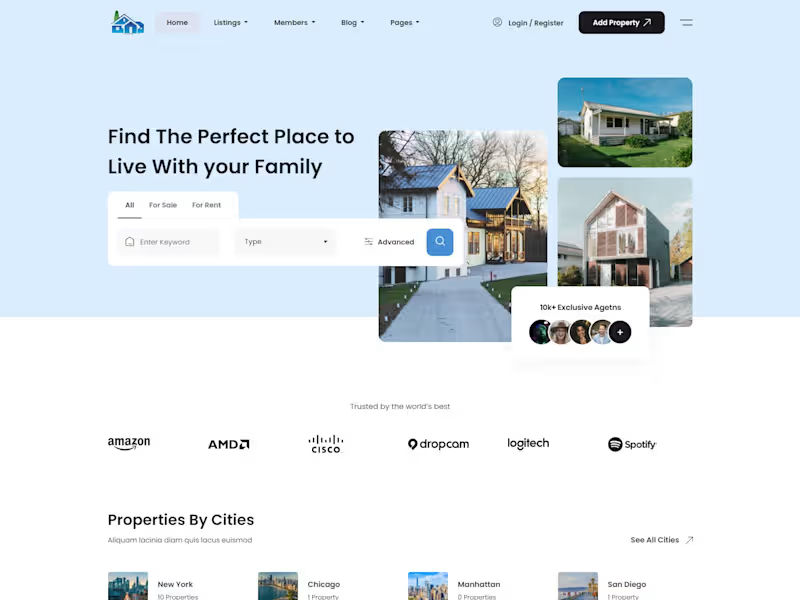
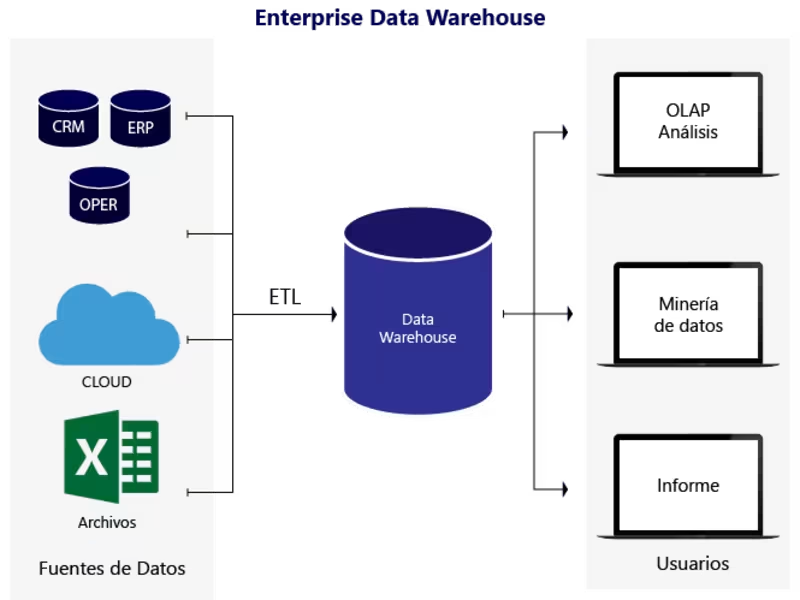

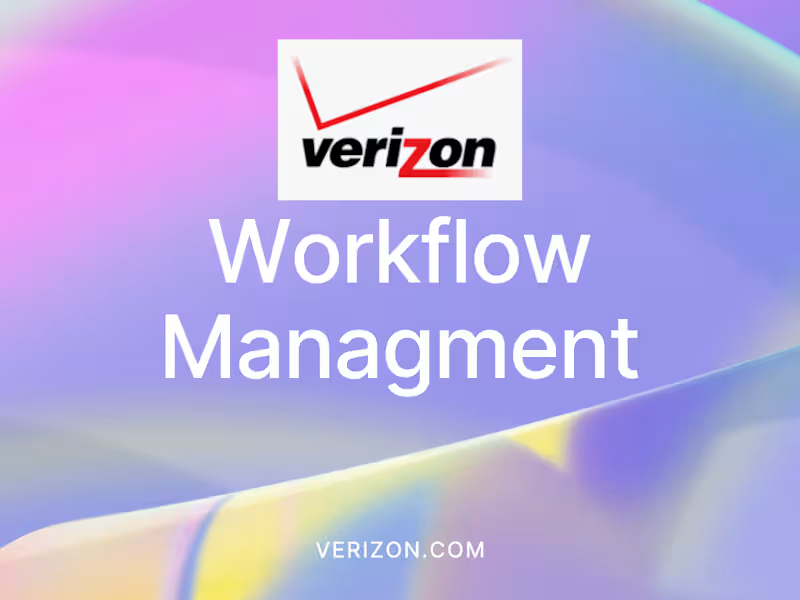
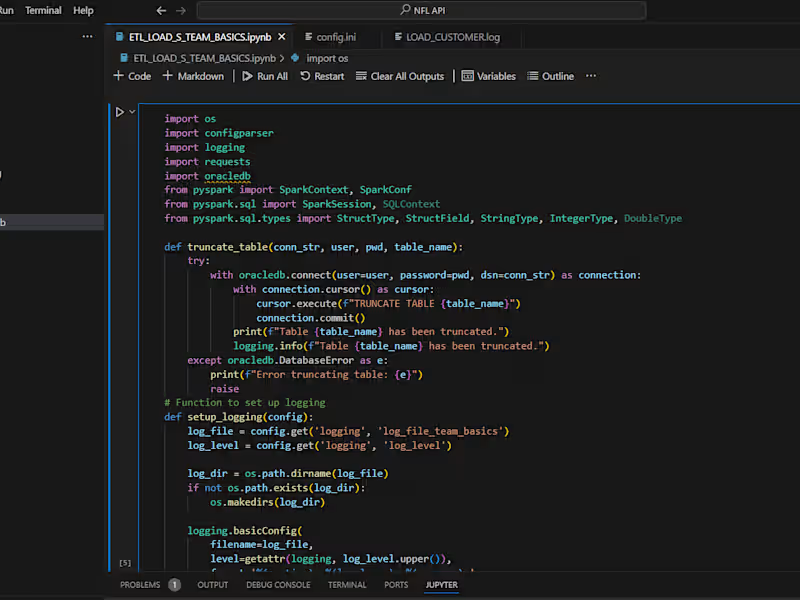


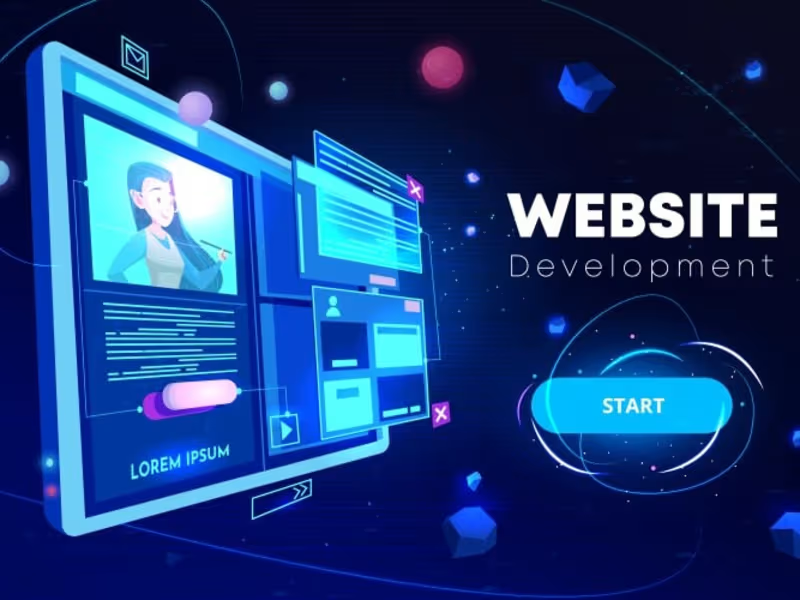

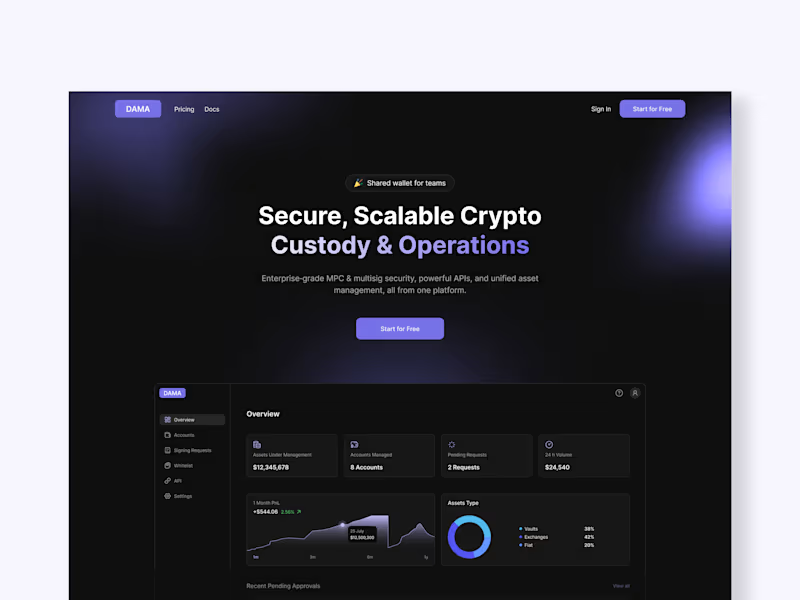

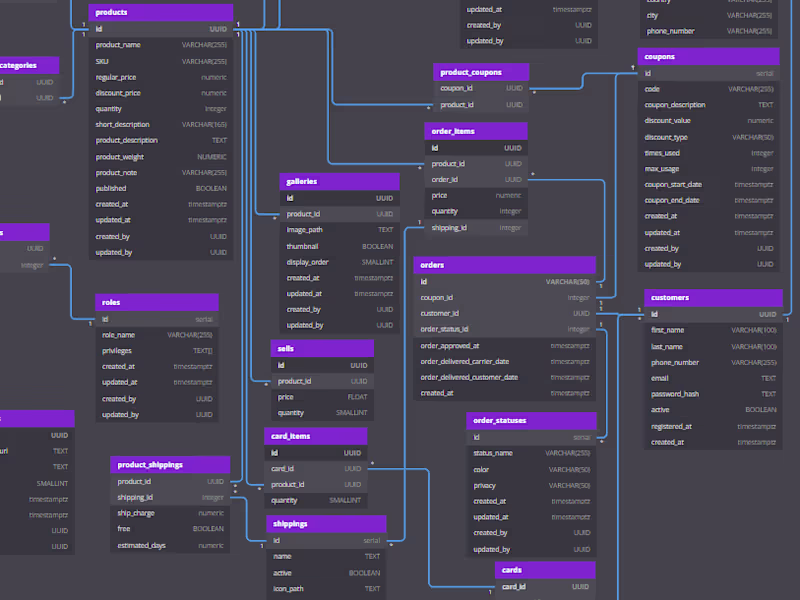

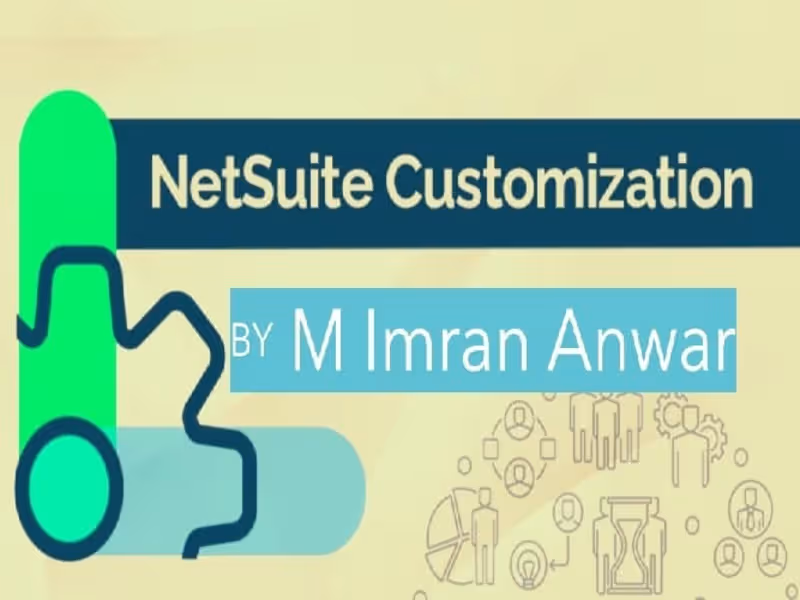



![Cover image for [Case Studies] How I helped startups with product growth](https://media.contra.com/image/upload/w_800,q_auto/uxiibfbxkk1up1hgpv6k.avif)




